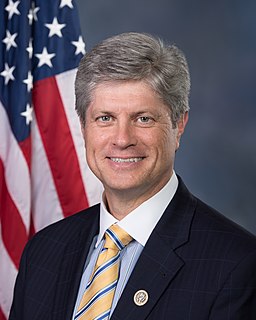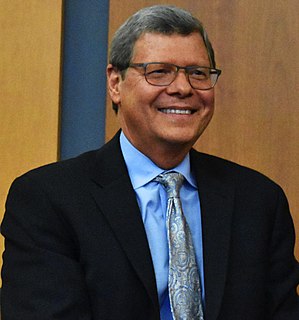A Quote by Annie Lowrey
The United States is an outlier in the size and scope of its loan infrastructure; in many peer countries, higher education is seen as a public good and a college degree is low-cost or free.
Related Quotes
We are moving in exactly the wrong direction in higher education. Forty years ago, tuition in some of the great American public universities and colleges was virtually free. Today, the cost is unaffordable for many working class families. Higher education must be a right for all - not just wealthy families.
How can the United States be competitive globally if higher education is unaffordable? Germany, Austria, Denmark, Finland, Norway, Scotland and Sweden have no tuition for college. Other countries have low tuition. We need the best educated workforce in the world. Instead of spending endless amounts on the military, we need to invest in our young people.
I agree with Peter Drucker that the culture and legal systems of the United Statesare especially favorable to shareholder interests, compared to other interests and compared to most other countries. Indeed, there are many other countries where any good going to public shareholders has a very low priority and almost every other constituency stands higher in line.
The conservative goal has been the Third Worldization of the United States: an increasingly underemployed, lower-wage work-force; a small but growing moneyed class that pays almost no taxes; the privatization or elimination of human services; the elimination of public education for low-income people; the easing of restrictions against child labor; the exporting of industries and jobs to low-wage, free-trade countries; the breaking of labor unions; and the elimination of occupational safety and environmental controls and regulations.
In the Islamic world, the U.S. is seen in two quite different ways. One view recognizes what an extraordinary country the U.S. is. Every Arab or Muslim that I know is tremendously interested in the United States. Many of them send their children here for education. Many of them come here for vacations. They do business here or get their training here. The other view is of the official United States, the United States of armies and interventions.
Despite the evidence that we already have too many students in higher education, the hot new idea among the political class is to double down by pushing for 'free college tuition.' The problem with the 'free college' idea is, however, not merely financial. It also reinforces the myth that college is appropriate or even possible for all students.































